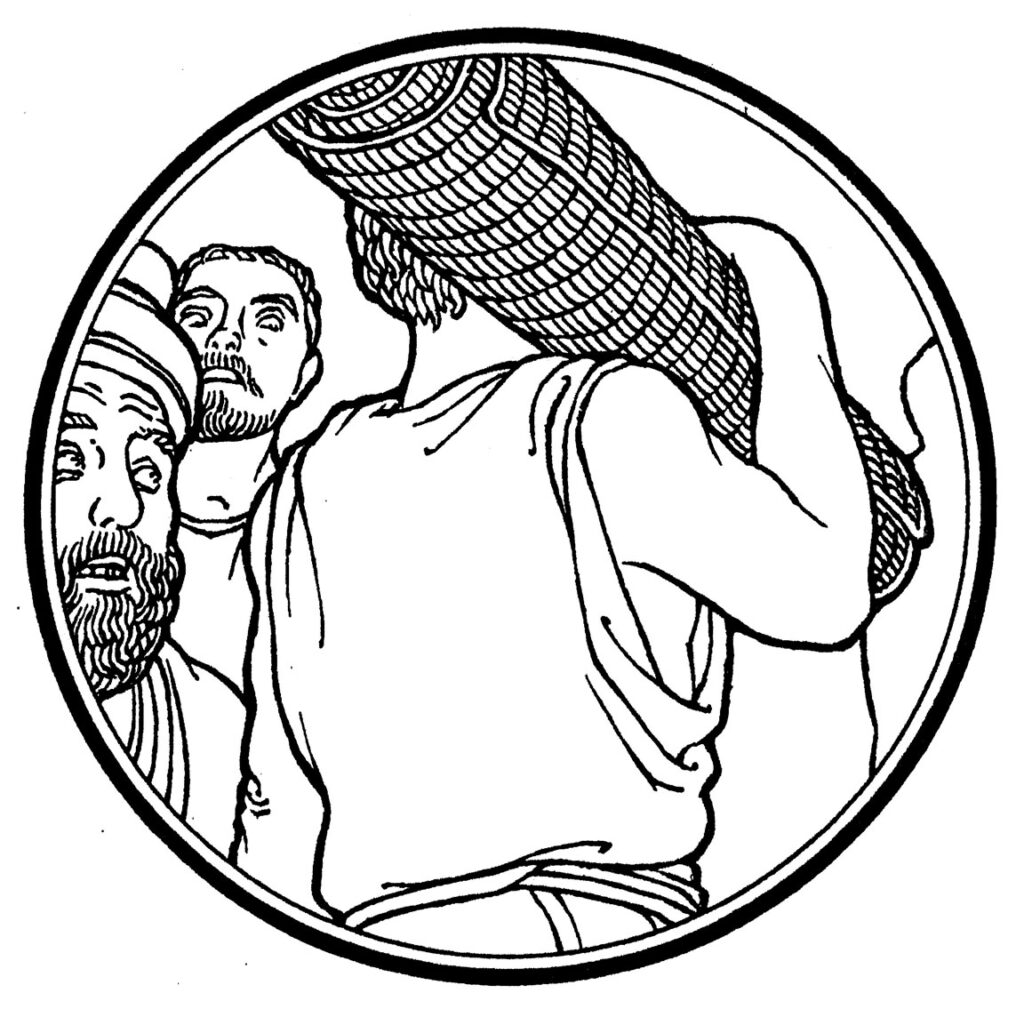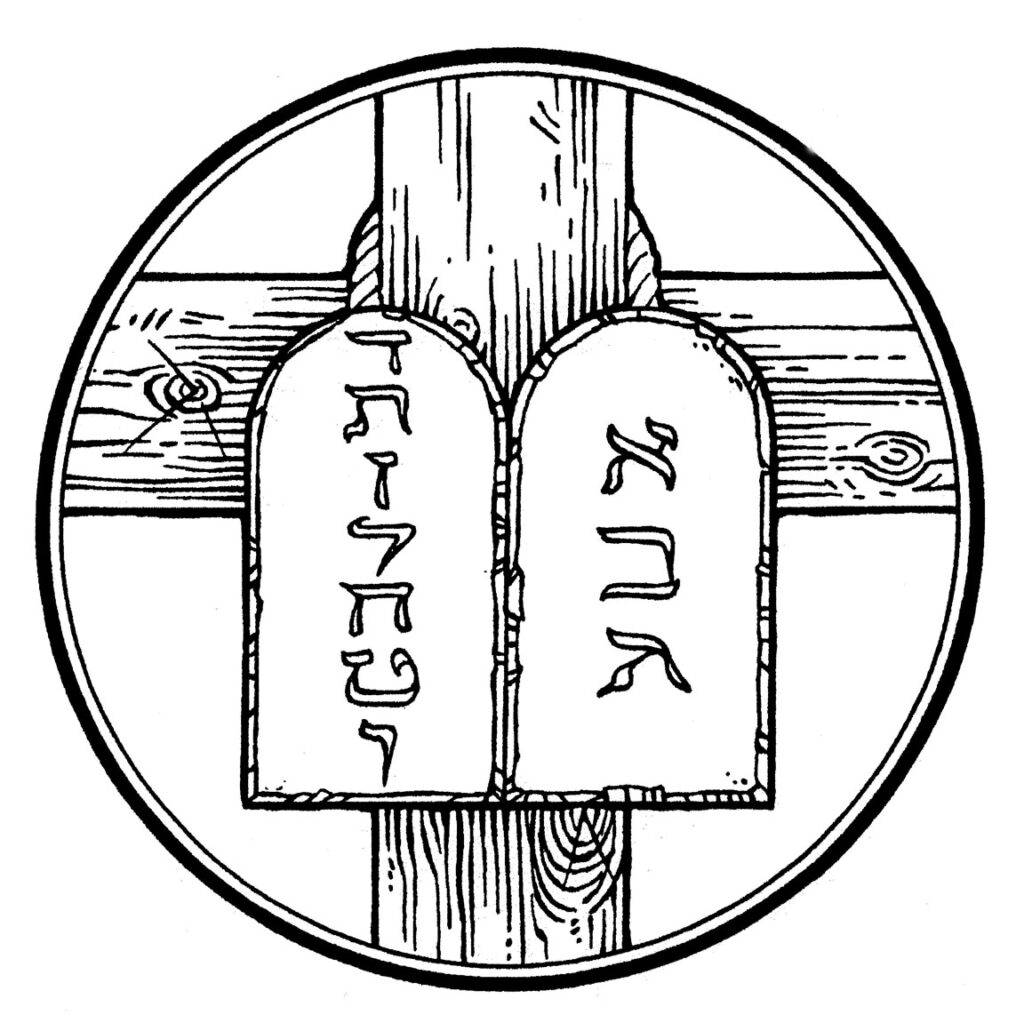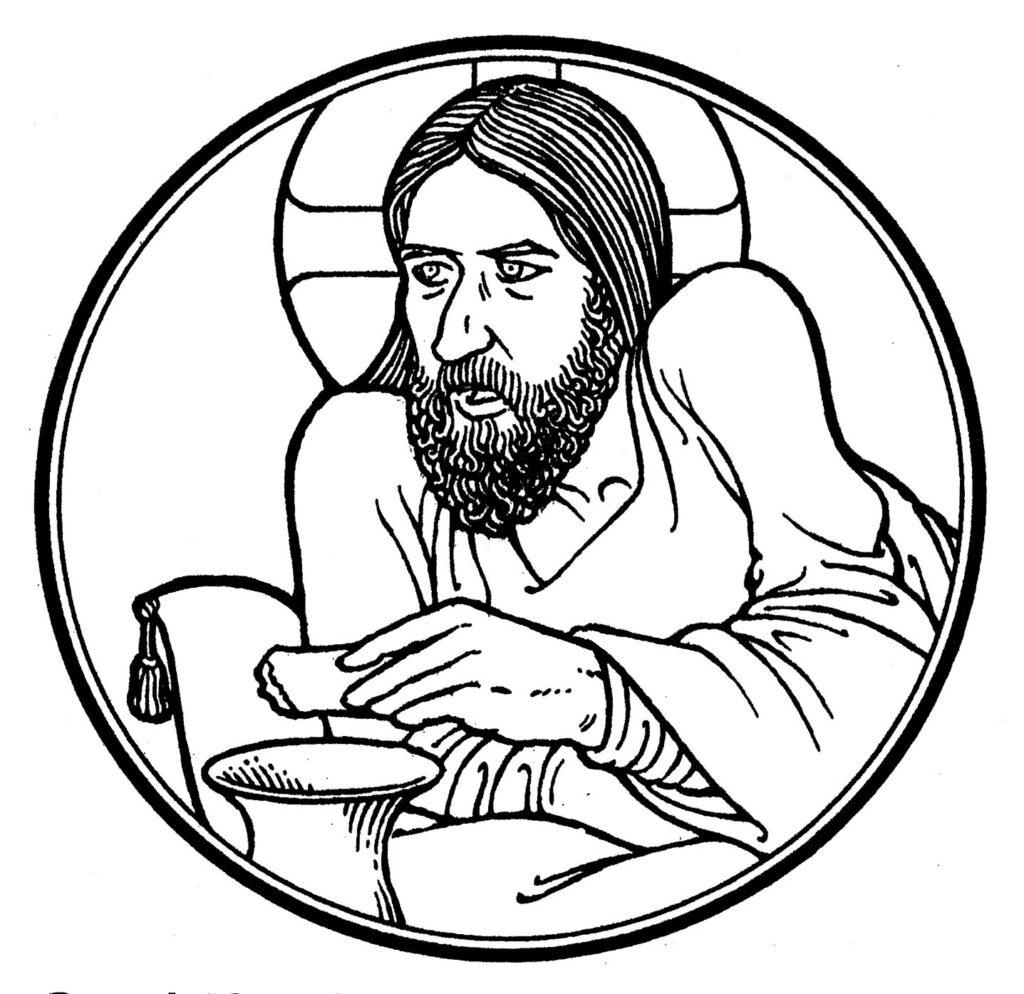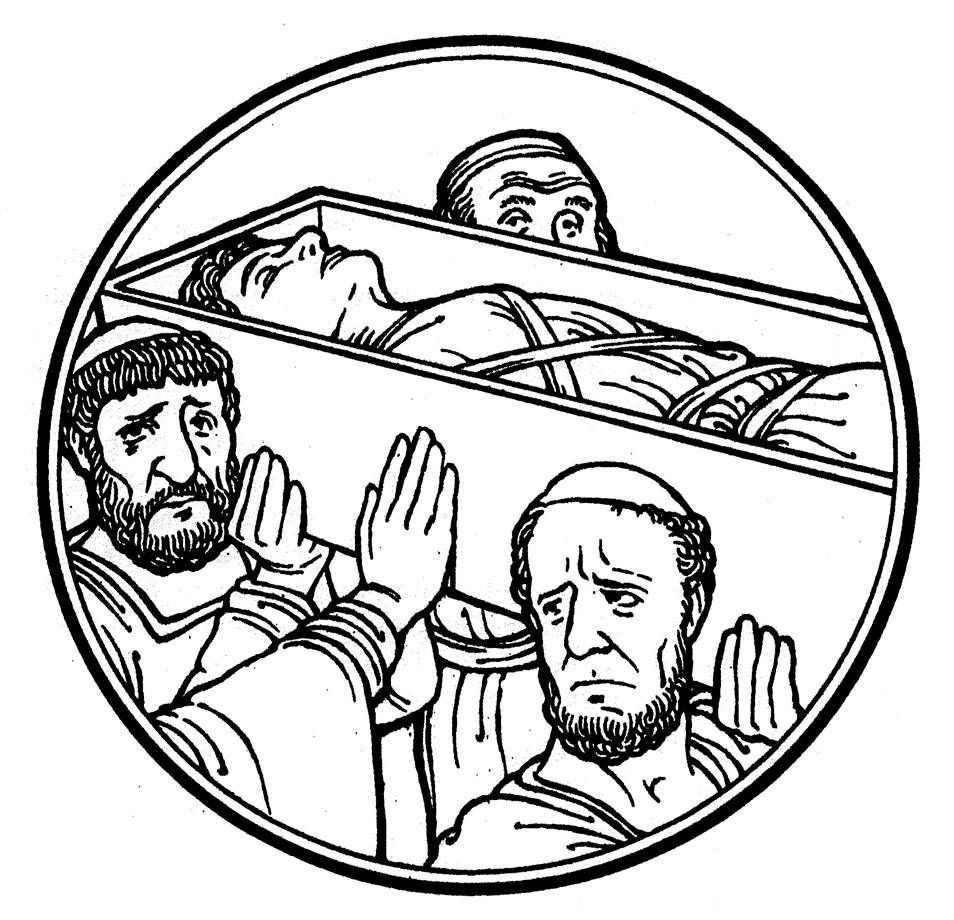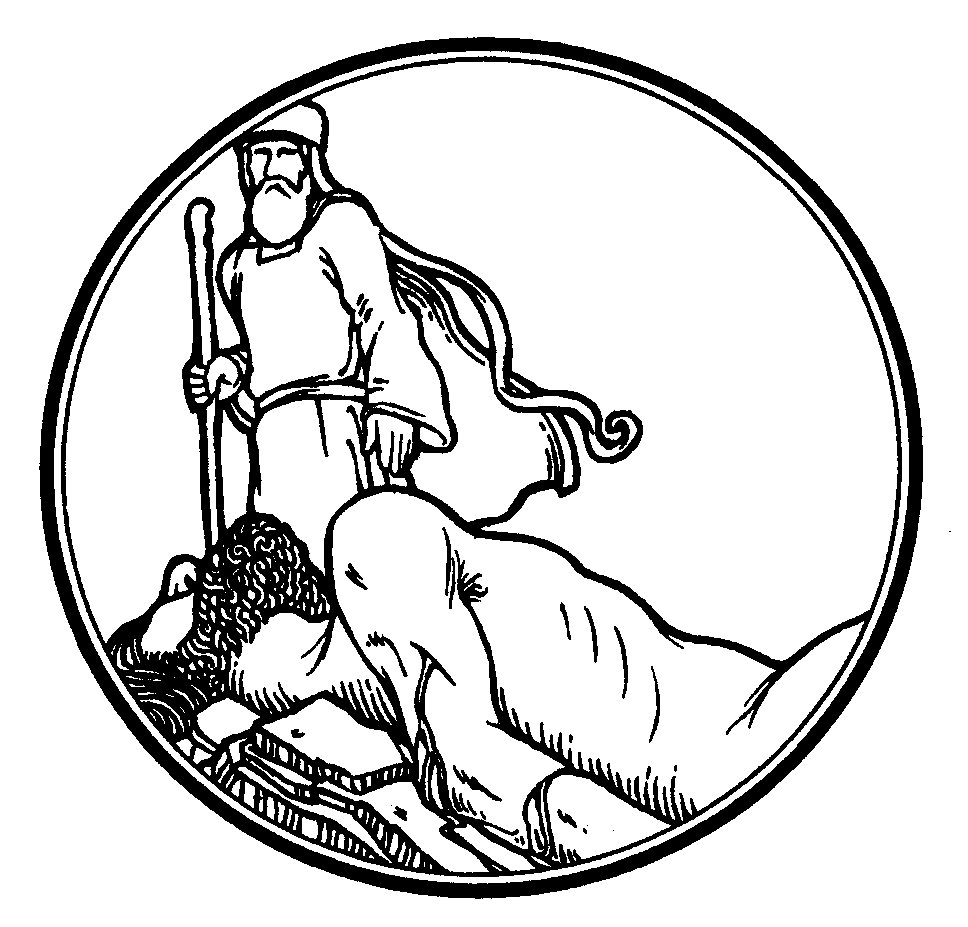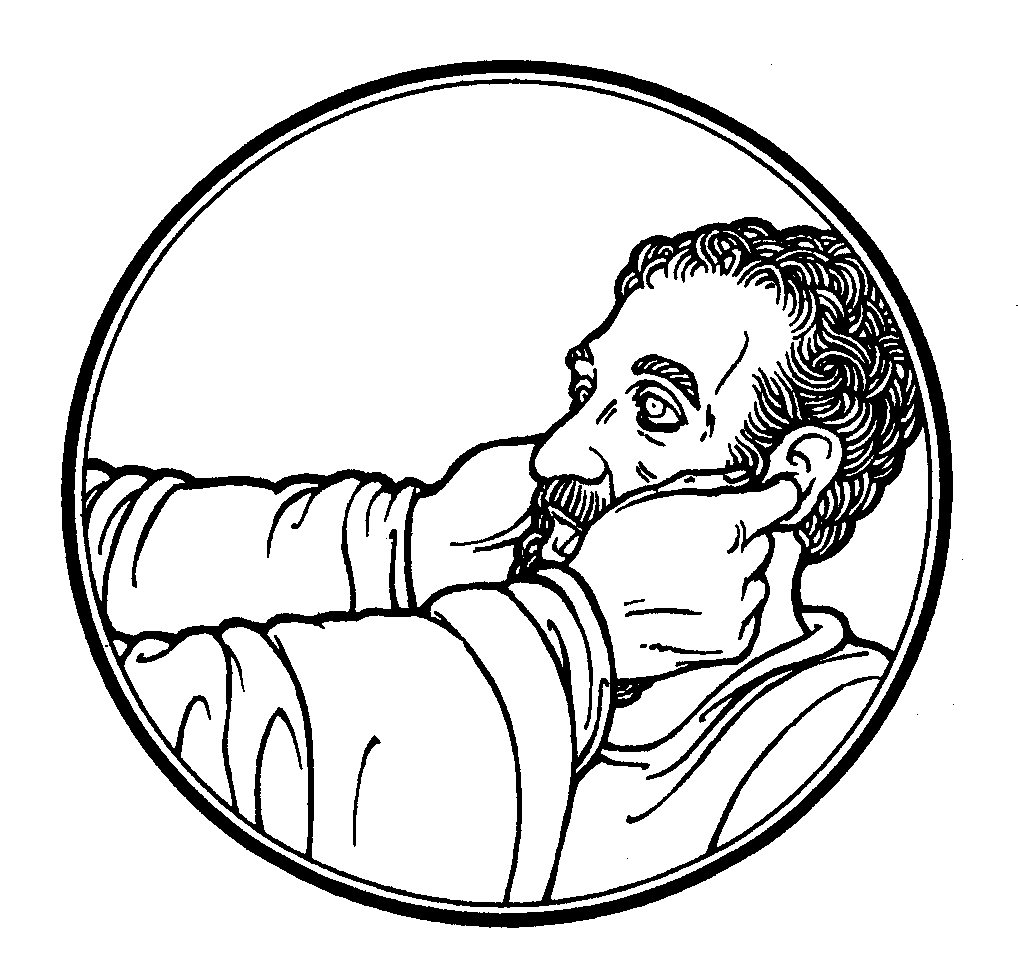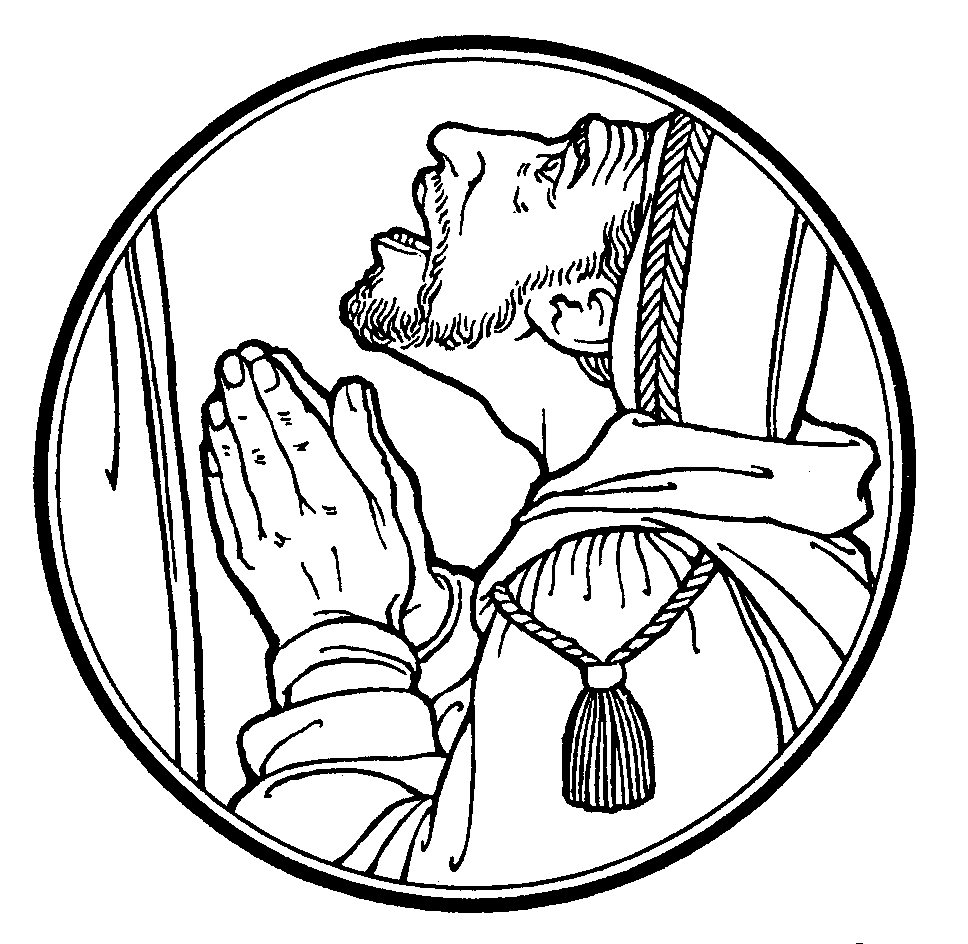
“Go, your son will live”. This prognosis which Jesus spoke to the official whose son was near death was not exactly what that official wanted to hear. No, he had wanted more than a nice word. He wanted signs, He wanted Jesus to come to his home with haste.
This official lived in Capernaum which was approximately 16 miles from Cana. His son was ill and dying, but when this official heard that this same Jesus who changed the water into wine was back from Jerusalem, he had hope. Yes, it would be a 2-3 day journey to get there and back, and to leave his son and family during such a time would have been painful, (I mean what if his son died while he was gone) but maybe, this Jesus person could help.
So, the official hastily journeyed and arrived to see Jesus, asked him to come down and heal his son, for he was at the point of death. So, Jesus said to him, “Unless you see signs and wonders you will not believe.”
This phrase speaks to people of all times. The Gospel of John tells us that many were interested in Jesus because of the signs done by Him. They were able to suffer through to listen to His preaching from time to time, but only because they expected a payoff of beholding the spectacle and wonder of some new miraculous sign of healing, of changing water to wine, or something else. Sadly, our human nature has a faith that is conditional towards each other and towards God as well, “what have you done for me lately?” Give me proof that you care, so that you can earn my care in return.” “God, you still haven’t healed my illness, you haven’t improved my finances, you haven’t brought about world peace,”… or whatever expectations we place upon Him.
We are selfish and our doubt and our conditional “faith” is really unbelief and is therefore sinful. God’s Word should be enough for us, but it rarely is. God spoke creation itself into existence, so if He tells us that He loves us, that we don’t have to be anxious, that He knows our needs and will provide for them, why isn’t it enough? Because since the fall into sin by our first parents, we still wonder, “Is God’s Word really true?” We don’t trust God. We are born separated from Him by our sin, predisposed to selfish impulses, prone to doubting everyone else’s motivations because we know our own impulses. There have been times when we have trusted people and they have let us down.
God tells us: that “you will live” “you are saved” “You are precious to me” on account of Jesus Christ’s death and resurrection paying for our sins, yet, we wonder: “is there room for doubt? How can I know for sure, unless God is constantly proving His love through signs of success and earthly blessings”.
To Jesus’ declaration regarding signs, the official did not deny his desire for a sign and for Jesus to drop everything and take care of his problem, but he said to Jesus, “Sir, come down before my child dies.”
“Go, your son will live.” What did the official think in response? He didn’t plead with Jesus, “no, come on, you must come with me!” He didn’t curse Jesus, himself, or swear oaths, or try to make deals. No a miracle happens…I don’t mean the healing of the official’s son. The miracle is here: “The man believed the word that Jesus spoke to him and went on his way.”
He believed the word spoken by the Word made flesh in Jesus Christ. The same Word that formed the earth, and brought life to flesh, now speaks and as Jesus speaks here in Cana, new life, new hope is created as we are told the man believed the word, and the response of faith to that word is to trust and go as he was told.
Then as he traveled, it is possible that he began to doubt again. As he anxiously neared Capernaum, his servants met him and told him that his son was recovering. So he asked them the hour when he began to get better, and they said to him, “Yesterday at the seventh hour the fever left him.” The father knew that was the hour when Jesus had said to him, “Your son will live.” And he himself believed, and all his household.
He undoubtedly told his family all about Jesus, the time when Jesus said that the son would live, and so on. Then they all believed. And as the father, son, other family and servants believed in Jesus, then there is greater significance to the phrase, “your son will live” because it points to living as opposed to dying: As in Jesus’ words in John 11:
“I am the resurrection and the life. Whoever believes in me, though he die, yet shall he live, and everyone who lives and believes in me shall never die.”
The never dying refers to the fact that faith in Jesus Christ makes it that people may taste of death in this life, but they will never truly see and experience true death, meaning eternal death and punishment. Why? Because of Jesus, because of the greater and greatest sign that He performed so that you may believe and have life in His name. That sign is the sign of the cross where Jesus died for you. What has God done for you lately? He continues to forgive you your sins, He continues to reach out and comfort you in your sin and its curse of pain, suffering, amidst a world that is truly dying in unbelief and despair. He has taken that sign of the cross and placed the power of God’s loving sacrifice upon you in Holy Baptism where you were washed and a miracle has taken place. As we sing LSB hymn 593: “See this wonder in the making”
“Here we bring a child of nature, Home we take a new born creature, Now God’s precious son daughter, born again by Word and water.”
Dear friends, you are now a son or a daughter of God, by virtue of faith worked by God creating Word through its preaching and as it works through Word and Water, Word of Absolution and confirmed in His Word with wine and bread with His own body and blood. You, oh son, you oh daughter will live! Behold the signs which bring healing and confirmation of His love and testimony to you.
The official’s son may have been healed, but that does not mean that he never got sick again, that he was not persecuted later on, and that his body never died. That again is the power of Jesus declaration to the official and to you. You will live: forever. If you are sick, you may be healed in your body, but you have been healed of your sins, even if your body wears out, you will live, forever. Because Jesus Christ has conquered death. In His death, the bite of death and darkness has been dulled. Satan, the world and the flesh may try to bring you back into doubt and despair, but that is why we come here. Why we receive from the Lord, His gifts of grace, His signs of victory in Christ. So that as St. Paul says, Finally, be strong in the Lord and in the strength of his might. Put on the whole armor of God, that you may be able to stand against the schemes of the devil. For we do not wrestle against flesh and blood, but against the rulers, against the authorities, against the cosmic powers over this present darkness, against the spiritual forces of evil in the heavenly places. Therefore take up the whole armor of God, that you may be able to withstand in the evil day, and having done all, to stand firm. Stand therefore, having fastened on the belt of truth, and having put on the breastplate of righteousness, and, as shoes for your feet, having put on the readiness given by the gospel of peace. In all circumstances take up the shield of faith, with which you can extinguish all the flaming darts of the evil one; and take the helmet of salvation, and the sword of the Spirit, which is the word of God.
By faith we can put on the whole armour of Christ and leave this place ready for those daily battles, facing them head on. Rebuking and resisting, because it is God’s power, the power of His word, which is in us and all around us and the devil, the world, and our own flesh cannot overcome it.
And when we falter, we return to Christ, to Church, and we are healed and outfitted again until the day that the battle for us ceases, when we join the church triumphant about whom we will talk more next Sunday. Yes stand firm in the faith of Christ crucified even as you go on your way. You will live eternally for Jesus Christ’s sake, Amen.
Pr. Aaron Kangas

